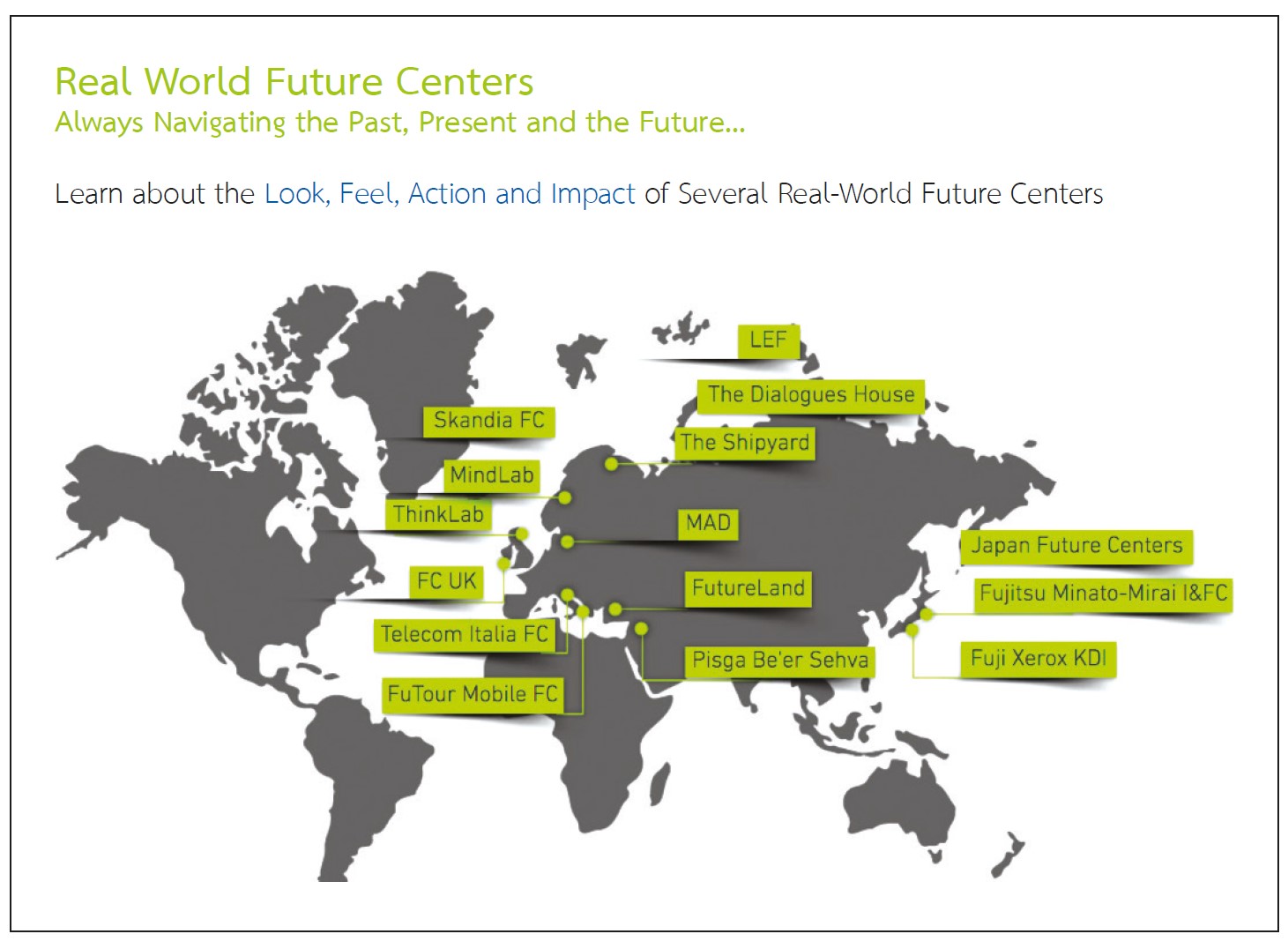การจัดการทุนมนุษย์ในยุคการเปลี่ยนแปลง
คำสำคัญ:
ทุนมนุษย์, ยุคการเปลี่ยนแปลง, ผลกระทบการศึกษาบทคัดย่อ
บทความวิจัยนี้มุ่งศึกษาผลกระทบของทุนมนุษย์ต่อระบบเศรษฐกิจทั้งในระดับภาพรวมและในระดับการสร้างรายได้ของบุคคลท่ามกลางกระแสการเปลี่ยนแปลง ผลการศึกษาพบความสัมพันธ์ของปัจจัยทุนมนุษย์ต่อการเติบโตทางเศรษฐกิจและการสร้างผลิตภาพ โดยมีการศึกษาเป็นตัวแปรสำคัญในการเสริมสร้างศักยภาพของบุคคลเพื่อให้กลายเป็นทุนมนุษย์ ด้วยเหตุนี้ การลงทุนจัดสรรงบประมาณด้านการศึกษาของรัฐบาลจึงจำเป็นต้องคงไว้ให้เป็นนโยบายสำคัญ เนื่องจากแรงงานที่มีการศึกษาในระดับมัธยมศึกษาตอนปลายขึ้นไปจะมีโอกาสในการสร้างรายได้ได้มากกว่าและสามารถคงอยู่ในกระแสการทำงานได้ยาวนานกว่าแรงงานที่มีวุฒิเพียงประถมศึกษา ในด้านคุณภาพการใช้ชีวิต ระดับการศึกษายังลดอัตราการเสียชีวิตในกลุ่มเพศชายมากกว่าเพศหญิง จากข้อค้นพบดังกล่าวนำไปสู่การต้องส่งเสริมให้มีการลงทุนพัฒนาทุนมนุษย์ ซึ่งเป็นแนวทางที่เพิ่มมูลค่าให้กับระบบเศรษฐกิจและความเข้มแข็งของภาคสังคม
เอกสารอ้างอิง
Becker, G. (1994). Human Capital Revisited. Retrieved from https://www.nber.org/chapters/c11229.pdf
Becker, Gary S. (1975). Human Capital. The Library of Economics and Liberty. Retrieved from https://www.econlib.org/library/Enc/HumanCapital.html
Britton, J. In BBC (17 November 2017). The degrees that make you rich... and the ones that don't. Retrieved from https://www.bbc.com/news/education-41693230
Edvinsson, L. (May 2017). Foreword Future Center 3.0. Retrieved from http://www.gurteen.com/gurteen/gurteen.nsf/id/future-centers
Franklin, B. (no date). In Money Mastery (Nov 10, 2016). Retrieved from https://moneymastery.com/an-investment-in-knowledge-pays-the-best-interest/
Future Center Alliance (2019). https://www.futurecenteralliance.com/home
Heckman, J. & Carneiro, P. (2003). Human capital policy. NBER Working Papers 9495, National Bureau of Economic Research, Inc. Retrieved from https://www.nber.org/papers/w9495.pdf, https://doi.org/10.3386/w9495
Moser, C. In Coaching Confidence (20 October 2013). Retrieved from http://www.coachingconfidence.co.uk/education-costs-money/
OECD (2017). Inequalities in longevity by education in OECD countries: Insights from new OECD estimates. Retrieved from https://www.oecd-ilibrary.org/social-issues-migration-health/inequalities-in-longevity-by-education-in-oecd-countries_6b64d9cf-en
OCED/EU (2018). Health at a Glance: Europe 2018: State of Health in the EU Cycle. OECD Publishing, Paris. Retrieved from https://doi.orgt/10.1787/health_glance_eur-2018-en
Pettinger, T. (September 2017). Human capital definition and importance. Retrieved from https://www.economicshelp.org/blog/26076/economics/human-capital-definition-and-importance/
Schultz, T.W. Capital Formation by Education. Journal of Political Economy, Vol. 68, No. 6 (Dec., 1960), pp. 571-583. https://doi.org/10.1086/258393
St-Aubin, N. (16 May 2018). Everything you've ever wanted to know about employee turnover. Retrieved from https://www.officevibe.com/blog/how-to-calculate-employee-turnover
Tozer, J. In The Economist (December/January 2017) What the numbers say: Higher earning: Why a university degree is worth more in some countries than others. Retrieved from https://www.1843magazine.com/data-graphic/what-the-numbers-say/higher-earning
UNESCO (2014). Teaching and learning: achieving quality for all; EFA global monitoring report, 2013-2014.Retrieved from https://unesdoc.unesco.org/ark:/48223/pf0000225660

ดาวน์โหลด
เผยแพร่แล้ว
รูปแบบการอ้างอิง
ฉบับ
ประเภทบทความ
สัญญาอนุญาต
ลิขสิทธิ์ (c) 2019 https://creativecommons.org/licenses/by-nc-nd/4.0/

อนุญาตภายใต้เงื่อนไข Creative Commons Attribution-NonCommercial-NoDerivatives 4.0 International License.



